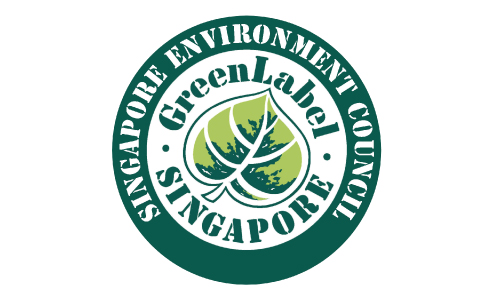Building sustainability brands in today’s era of conscious consumerism
26 Mar 2022 | by Jill Tan
Over the years, sustainability has slowly become intertwined with our daily lives. Modern consumers, have in turn, become more aware of the impact of their purchasing power in influencing corporate sustainability.
Conscious consumerism or eco consumerism, can be broadly understood as the role of consumer purchasing power in shaping environmental activism by incentivising corporations to incorporate sustainability in their business practices. In turn, businesses have responded by embracing sustainable business practices as well as offering a wider range of product selections with low environmental impact claims. This is corroborated by findings from the “Sustainability in Singapore – Consumer and Business Opportunities” study conducted by Accenture and WWF, with one-third of respondents prioritising considerations on product sustainability and environmental impacts in their purchasing decisions.
With the emphasis that consumers place on sustainability, it is such that businesses might be inclined towards marketing their products as more sustainable than it is. Commonly understood as “conveying a false impression or providing misleading information about how a company's products are more environmentally sound” , greenwashing is considered an unsubstantiated claim to deceive consumers into believing that a company's products are environmentally friendly. This leads to an undesirable business environment where there is a low measure of trust between the consumer and business.
Ecolabels, or green labels, can bridge this information gap by helping the public identify environmentally preferred products that meet certain eco-standards. As a “voluntary method of environmental performance certification and labelling that is practiced around the world and identifies products or services proven to be environmentally preferable within a specific category ”, ecolabels have the potential to raise sustainability awareness and performance across whole industries. This presents a win-win situation for both businesses and consumers as the latter is now equipped to make informed decisions in purchasing products that have a minimal impact to the environment.

Singapore Green Labelling Scheme (SGLS) logo

Enhanced Singapore Green Labelling Scheme for Pulp and Paper Products (Enhanced SGLS)
In Singapore today, more than 3,800 industrial and consumer products have been certified through the Singapore Green Labelling Scheme (SGLS) and the Enhanced Singapore Green Labelling Scheme for Pulp and Paper Products (Enhanced SGLS) administered by SEC. To be certified, the products’ environmental claims have to be independently verified based on its life cycle considerations, address and reduce its main environmental impacts. Such products can be identified by the SGLS and Enhanced SLGS logo placement on its packaging, which serve as an assurance to consumers on the authenticity of such claims. For more information on the SGLS and Enhanced SGLS logos, you can visit our website at here.